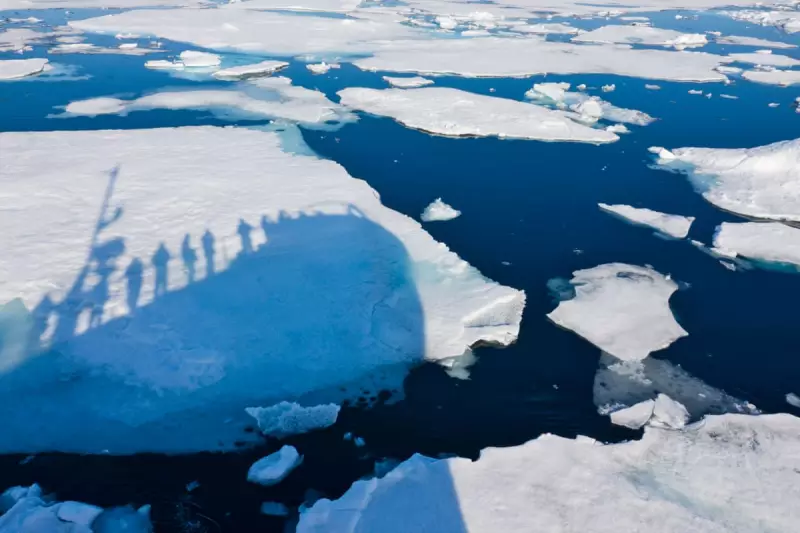
In a development that has caught the world's top climate experts off guard, the relentless melt of Arctic sea ice has markedly slowed over the past decade. This unexpected shift, revealed by comprehensive satellite data, is forcing a major and urgent reassessment of the scientific models used to predict the polar region's fate.
A Decade of Defiance
For years, the narrative surrounding the Arctic has been one of seemingly irreversible decline. Scientists watched with alarm as summer ice extent hit record low after record low. However, fresh analysis of the last ten years tells a more complex and puzzling story. The rate of summer ice loss has decreased by a significant margin, a trend that current climate simulations failed to foresee.
Unravelling the Mystery
Researchers are now scrambling to identify the mechanisms behind this dramatic slowdown. Early hypotheses point to a confluence of complex and previously underestimated factors.
A key suspect is a shift in atmospheric patterns. Changes in wind circulation and cloud cover over the Arctic may be providing a temporary shield, reflecting more solar energy and reducing the melt rate.
Oceanographic processes are also under the microscope. Alterations in the inflow of warmer Atlantic waters or changes in the stratification of the ocean layers could be playing a crucial role in insulating the sea ice from below.
Not a Cause for Complacency
Scientists are at pains to stress that this slowdown is not evidence that climate change has been 'solved' or is less severe than thought. The long-term trend of Arctic ice loss remains stark and deeply concerning. The current reprieve is likely a temporary phenomenon within the larger, grim trajectory of a warming planet.
Professor Julienne Stroeve, a lead author of the study, emphasised the point: "This is a pause, not a reversal. The overall volume of ice is still drastically lower than it was decades ago. What this does is expose critical gaps in our knowledge. We must understand these processes to make accurate predictions for the future."
A Call for Better Models
This surprising data acts as a powerful wake-up call for the scientific community. It highlights that the intricate systems governing the Arctic are not yet fully captured by even our most advanced climate models. Incorporating these newly observed feedback loops and atmospheric behaviours is now a top priority to improve the reliability of long-term forecasts.
The message is clear: while the Arctic continues to warm at an alarming rate, its journey is filled with complex twists and turns that we are only just beginning to comprehend.





